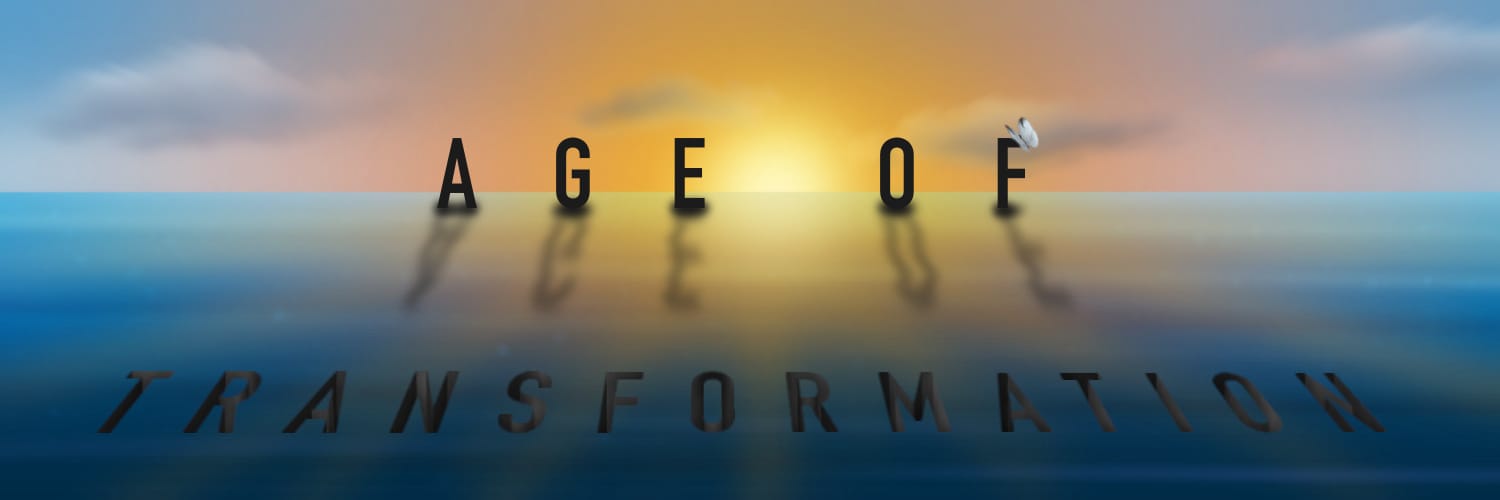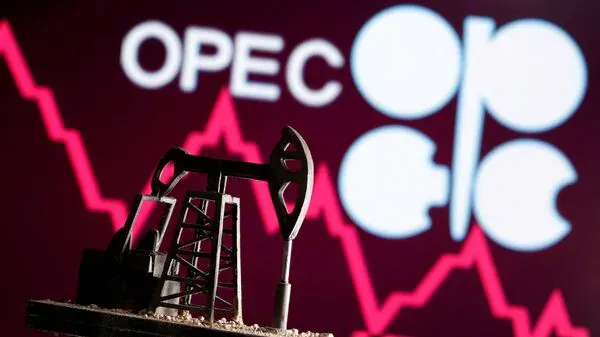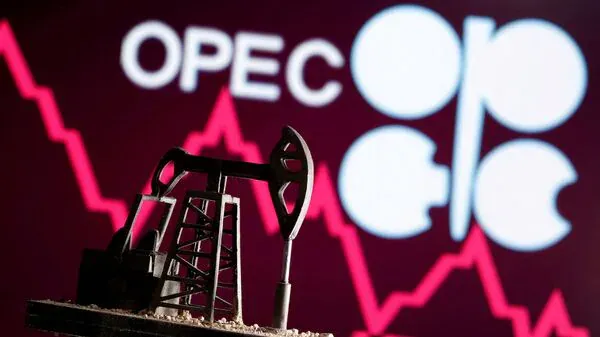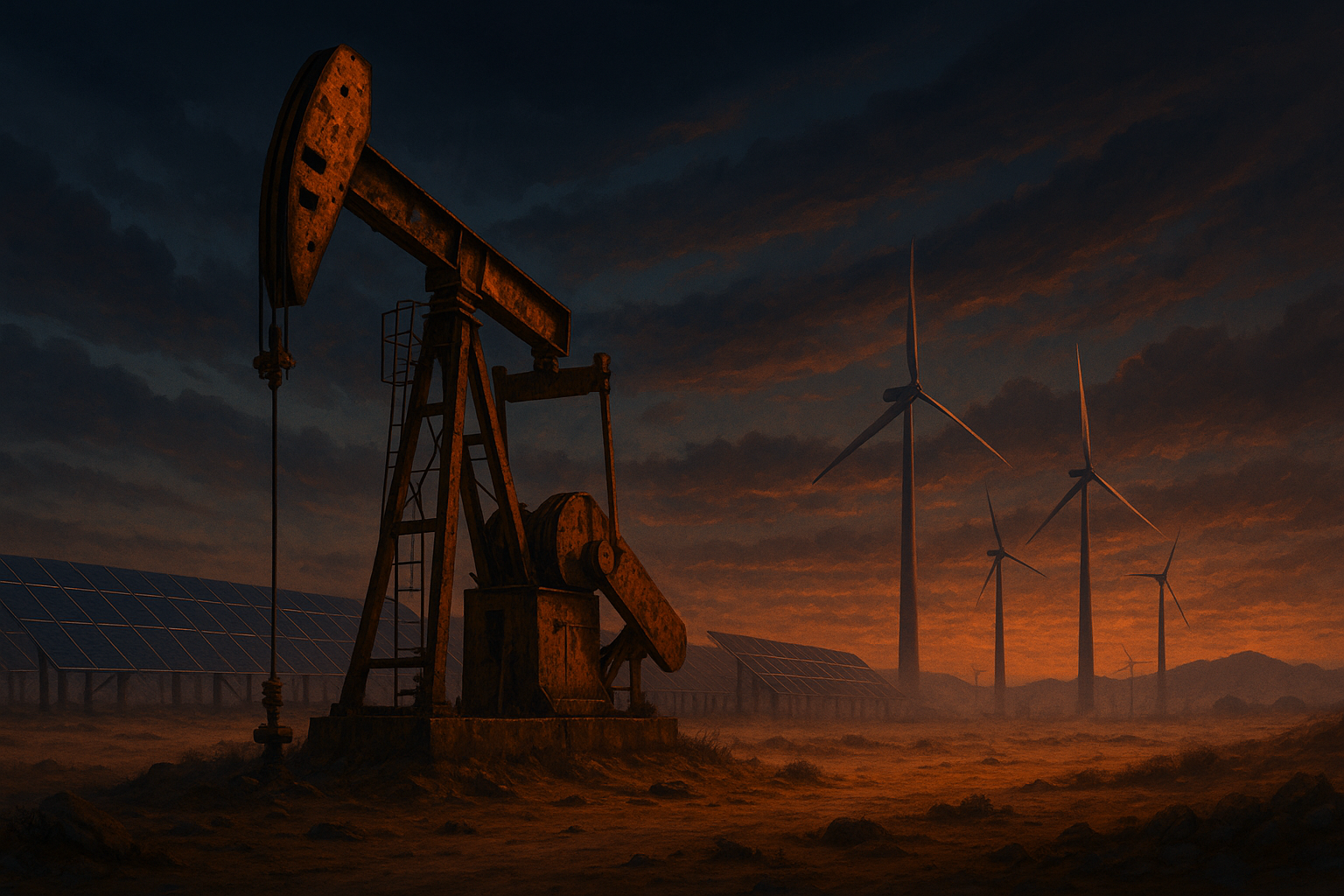I recently did a podcast debate with Simon Michaux, who's massive report for the Geological Survey of Finland I critiqued in a previous newsletter post. You may remember that Michaux's report claims that the clean energy transition won't work because we don't have enough metals to do it.
My piece applied a systems approach to tackle Michaux's assumptions, methodologies, and finally his core numbers. Ultimately, his entire argument rested on his claims about battery storage - first that we'd need about a month of it to make up for the peaks and troughs of an intermittent renewable energy system; second that this large amount of batteries meant we'd need far more lithium, nickel, cobalt and copper than we'd be able to produce in time.
There were so many errors in the way this argument was constructed, that it took a pretty long analysis here at AoT to identify them. But in reality it was pretty simple. Even if we did need a month of storage, there are a variety of long duration storage solutions that don't involve batteries (like pumped hydro, compressed air, and so on). More of these keep emerging all the time (here's a recent story about concrete batteries which would be fairly cheap to produce from easily available materials).
Michaux ignored the potential of vehicle to grid solutions (the fact that most electric car batteries will be plugged in most of the time anyway, contributing to stationary storage in a big way). And he ignored all the evidence of ongoing innovations showing how we won't need lithium (new sodium batteries which are going commercial); nickel, cobalt (not needed in many current battery chemistries already), and copper (easily substitutable with abundant aluminium).
He also hadn't accounted for the convincing modelling studies showing we'll only need a fraction of the battery storage he was estimating by supersizing solar and wind generation capacity, which would greatly reduce intermittency.
Both Simon and I kept receiving repeated requests to get into a big 'duel' to debate out our opposing views. And we were both up for it because, in fact, we've known each other for a while as colleagues and friends.
So I'm pleased to let you know about our podcast debate which came out a few weeks ago courtesy of Planet Critical, hosted by journalist Rachel Donald.
Here's the blurb:
A few months ago, the energy-Twittersphere exploded into debate over Simon Michaux’s report detailing how we lack enough materials and minerals for a renewable economy. I interviewed Simon, a researcher at GTK Finland, about this report, in which he laid out the lack of raw materials and the ecological cost of mining which will impede a renewable energy future.
The report was divisive, with anyone and everyone weighing in on the debate, and more than some name-calling online. Nafeez Ahmed, a systems researcher and investigative journalist who has been reporting on the environment for 20 years, published a detailed piece “debunking” Simon’s report. It caused another stir online, with calls for a debate between the two tweeted from around the world.
Watching this unfold, I was concerned by how those on the same side of the fight can end up at odds, and bemused by the vitriol I witnessed on Twitter in both Simon and Nafeez’s name. Simply, if we can’t learn to speak with one another, what’s the point?
They were both quick to agree to a debate, and had already been engaging over email on the topic. We go into the technical details of the report but also discuss the polarisation of science, the processing of information, the politics and tribalism driving conversation, before exploring the benefits of how an energy transformation can truly transform society.
You can watch the debate on YouTube
Or listen via Substack.
I did this because I wanted to demonstrate that even in what seems like a highly polarised discussion, with diametrically opposed views, it's possible to engage in a generative dialogue that helps to produce a shared body of knowledge.
What we converged on was pretty clear - the new and emerging energy system will be fundamentally different to our current model. Not just from a technology perspective, but in terms of how its organised and structured. It will need to be more decentralised, and premised on a fundamentally different value system that is earth-centric. So no matter where we stand in this debate, all the data we have is pointing us toward the need to intentionally create a system in which the well being of all life and the health of the earth are at its centre.
If you appreciated this piece, you can keep this free newsletter alive and thriving by joining our community as a Supporter for the price of a cup of coffee a month.
Already have an account? Log In







